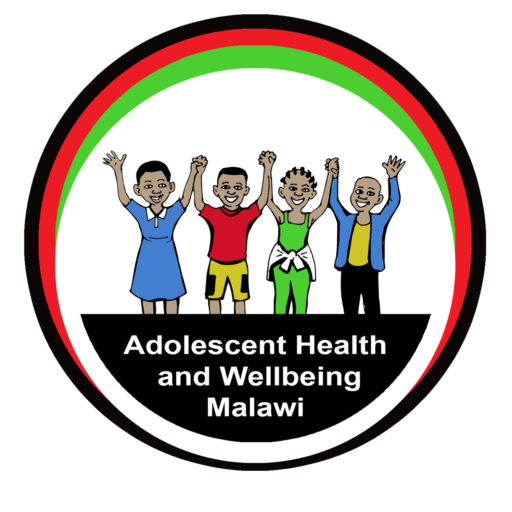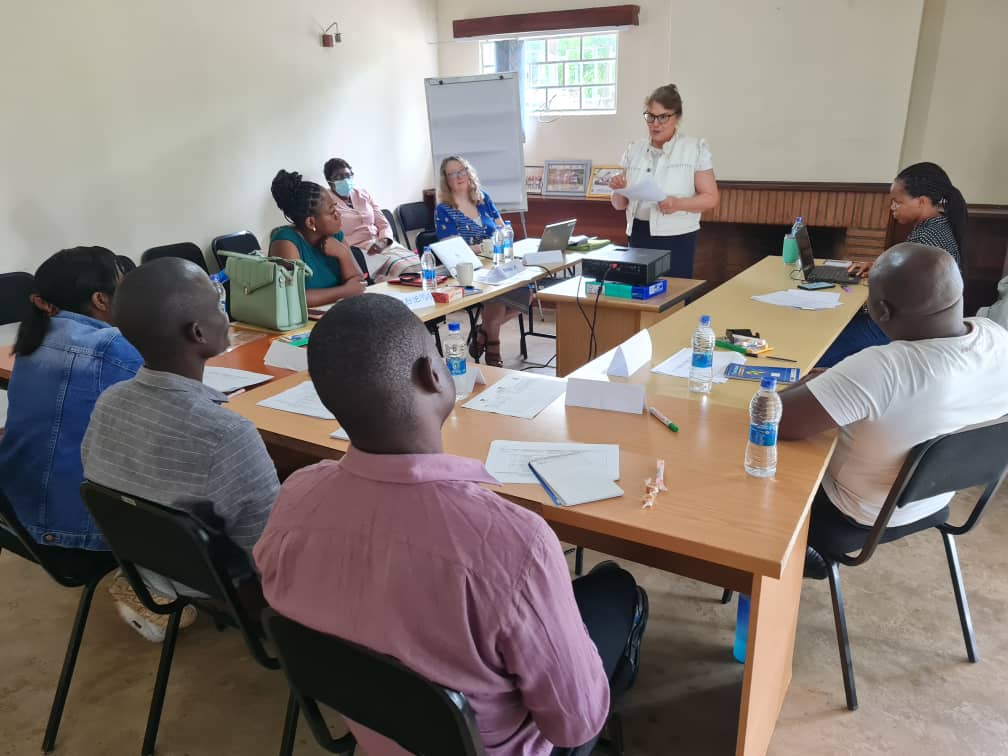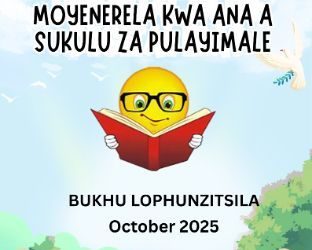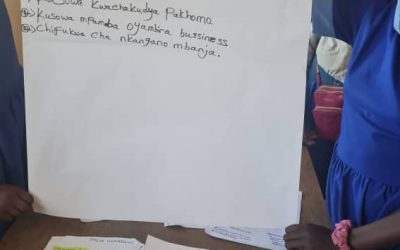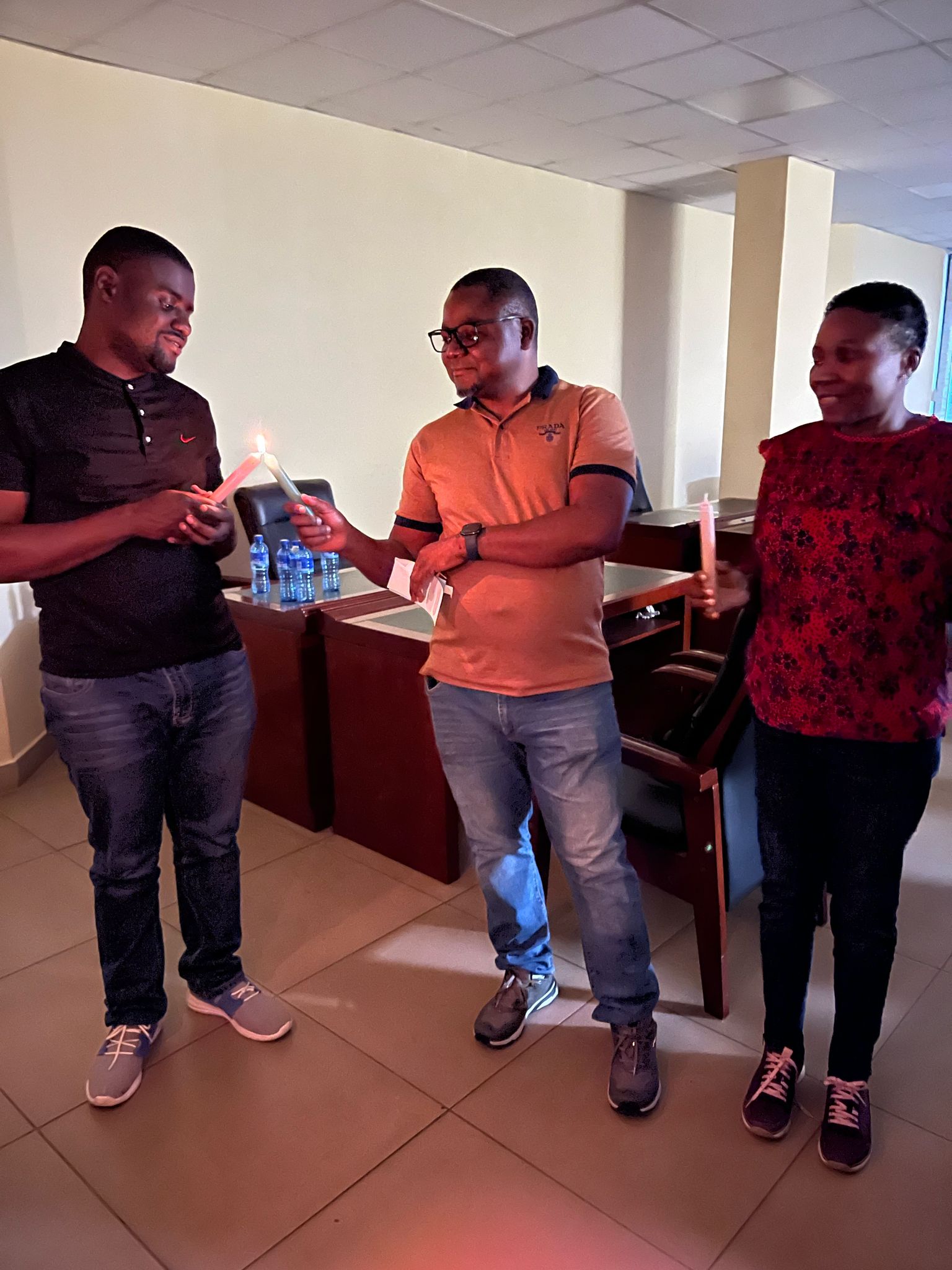
In Blantyre, Malawi the sun shone on WS6 who after an intensive week of training are now ready to carry out research on how adolescents aged 10-14 perceive their social and emotional wellbeing. Our team spent a week welcoming new researchers who will assist us to carry out field research in two schools and one community in Blantyre and then after a short break, which will enable us to transcribe our Blantyre data, in Mchinji region.
The week began on a high note with training on “Being Healthy” quiz. This created a lively and interactive tone for the days ahead. Our team further shared the information regarding background (previous research), current project aims, & objectives and study participants. Most importantly the training emphasised conducting the research ethically, and according to our ethical approval. We reviewed the fieldwork guidelines, eligibility criteria and the importance of ongoing informed consent, all supported by a detailed Participant Information Sheets (PIS) and consent forms.
The week provided an exciting opportunity to ensure that the translated research guides and tools meaningfully captured in Chichewa (the local language). Translating such ideas presented a valuable learning experience considering that complexity of adapting emotional concepts into Chichewa. Following our successful visit to a pilot primary school in Blantyre, which offered a rich learning experience, we identified areas that required refinement. After a thorough discussion and adaptation we are now happy with the final translation of our interview guides. The guides will help us reflect the social and emotional wellbeing, and other issues, which young people aged 10 -14 consider to be important to them.
The training ended with learning to use a creative, Storytelling approach inspired by the Scottish Storyline methodology. This training challenged the team in a different way and as one researcher said ‘this has taken me out of my comfort zone and challenged me to think about research in different way’.
This is especially important for this work strand as we are aiming to really engage young people and create a fun secure environment that enables young people to explore their feelings and emotions. So hopefully, more about that once we have analysed the first level of data collection from individual interviews and focus groups. The second phase will give us themes or priorities to co-design around the key issues identified by young people. We are excited to explore what emerges from utilising our narrative creative approach, which is participatory and experiential in nature, and we intend it to lead to our participants experiencing a more child centred approach than traditional research methods.
By Monica Porciani (WS6 Co-Investigator)
